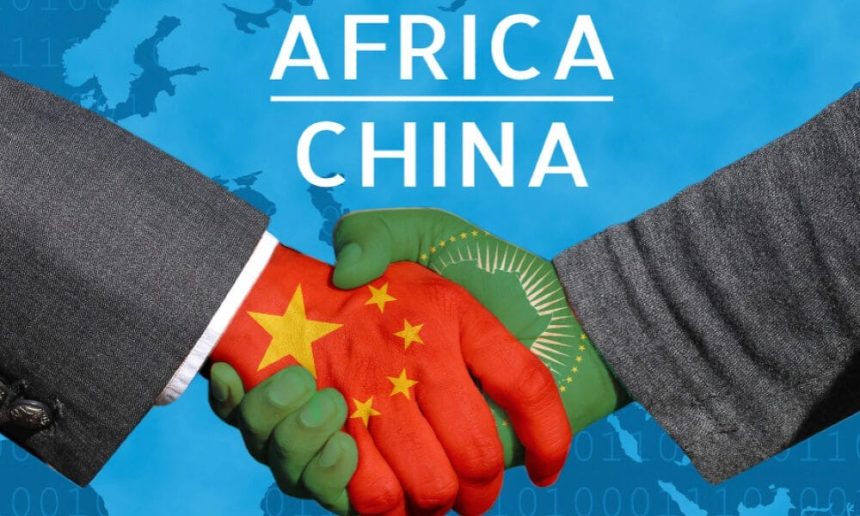For African countries committed to prosperity and revitalization, a free and open multilateral trading system is instrumental, and a global environment with stability and certainty is indispensable. However, today’s world sees unilateralism and protectionism on the rise. As a result, multilateralism is under challenge, and certainty is ever more scarce.
Trade and tariff wars produce no winners. Protectionism leads nowhere. Development and prosperity can never be achieved through imposing tariffs, but only by openness and cooperation. On April 2, the United States announced tariff hikes on imports from many countries, including China, under the pretext of reciprocity. This is a typical unilateral hegemonic practice, which has triggered strong dissatisfaction and resolute opposition from many of its trading partners. The U.S. side is urged to resolve trade differences with trading partners through consultation under the principle of equality and mutual respect.
Economic and trade cooperation is an important foundation of China-U.S. relations. Over the past few decades, the mutually beneficial cooperation between China and the United States has been the result of joint efforts of both sides and should be cherished. The two sides need to solve problems such as trade imbalance by making the pie of cooperation bigger and creating more incremental benefits.
Opening-up is China’s fundamental national policy, and also the hallmark of contemporary China. President Xi Jinping stressed that “Openness enables a country to move forward, while seclusion holds it back”. No matter how the external environment may evolve, China will adhere to opening up, and firmly support the principle of free trade and the multilateral trading system. Last month, China’s National People’s Congress session adopted this year’s government work report, which sets a projected target of GDP growth of around 5 percent, and underscores that the country will resolutely safeguard the WTO-centered multilateral trading system, broaden converging interests with other countries, and promote shared development.
China and Africa enjoy enduring friendship. China’s high-standard opening up will provide enormous opportunities for our African friends. At last year’s FOCAC Summit in Beijing, President Xi Jinping put forward six features of the modernization that China and Africa should jointly advance and ten partnership actions for modernization, which has been warmly welcomed by African countries.
China has been actively promoting more flexible and practical liberalization, facilitating arrangements of trade and investment with African countries, and offering more unilateral opening-up of its market to African countries. Last year, China decided to give all LDCs having diplomatic relations with China, including 33 countries in Africa, zero-tariff treatment for 100 percent tariff lines and signed the framework agreement of China-Africa Economic Partnership for Shared Development with dozens of African countries. In the meantime, China has also opened and expanded the “green lanes” for African agricultural products, giving favorable status to African companies to participate in major expos, including the China International Import Expo and the China International Supply Chain Expo. These measures, by making it easy and fast for African products to enter the Chinese market, will boost the economic growth of African countries, promote employment and contribute to poverty alleviation.
China and Somalia have a long history of friendly exchanges. We will continue to share development opportunities with Somalia and look forward to working jointly to take advantage of China’s unilateral preferential measures such as zero-tariff treatment for 100 percent tariff lines and explore more ways to expand mutually beneficial cooperation of economy and trade, so as to inject more impetus into the process of Somalia’s national reconstruction and development.
The author is H.E. Wang Yu, Ambassador Extraordinary and Plenipotentiary of the People’s Republic of China to the Federal Republic of Somalia.





